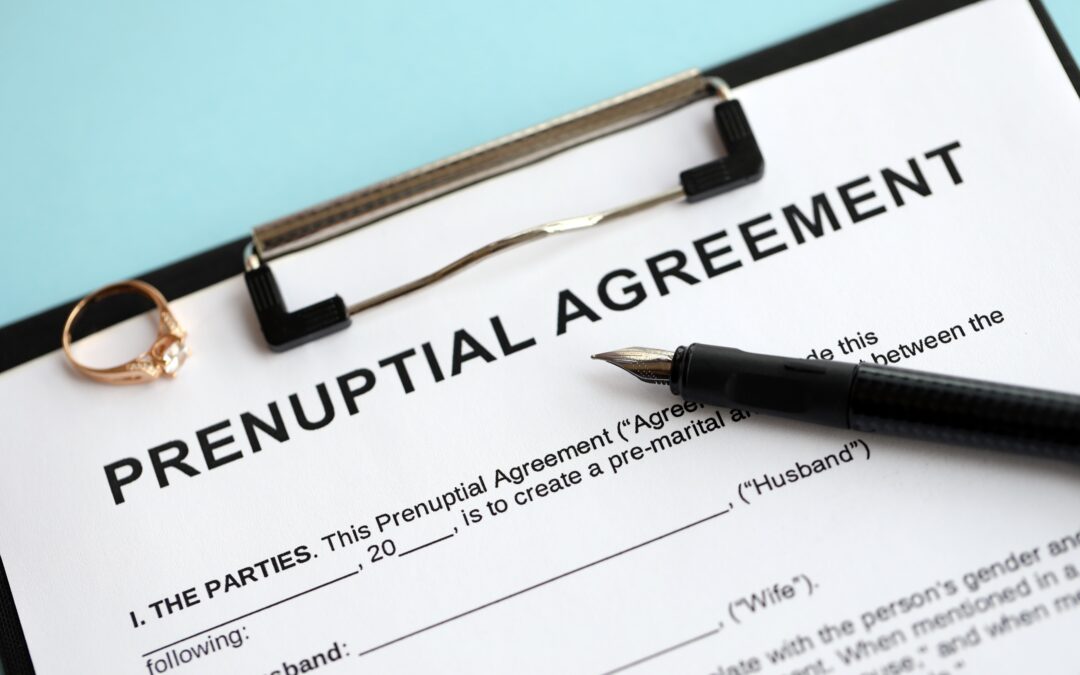Prenuptial agreements offer significant benefits even if you aren’t wealthy. Like any contract, however, they have to be carefully negotiated and drafted to ensure the document is enforceable. Best practice is to get good legal advice to help ensure you understand the terms and that they represent what you want as much as possible. Courts have a preference for allowing individuals to decide the terms of their contracts, even those involving marriage. As a result, it is difficult to challenge a prenuptial agreement after it is signed. However, there are several grounds that can justify invalidating the agreement.
Fraud, duress or other inequitable conduct
To establish fraud, you must show that your fiancé knowingly concealed or gave you false information about an essential fact, you reasonably relied on the information and suffered damages as a result. Duress requires proof that your fiancé threatened or coerced you to sign and you would not have signed absent such coercion.
Insufficient opportunity to review the prenuptial agreement with your attorney
Sometimes, prenups are rushed. However, courts will look to see whether both sides had sufficient time to review, negotiate, contemplate and understand the terms of the agreement and speak to an attorney before signing. The judge may also consider whether you felt pressured to sign quickly because otherwise, you would have had to deal with the cost and embarrassment of rescheduling the wedding, for example.
Lack of understanding of the terms of the agreement
If you genuinely didn’t understand the terms of the prenup, the court may invalidate the agreement particularly if there were other circumstances such as duress or you didn’t have time to consult an attorney.
Overreaching
This may occur if your spouse failed to disclose all income or assets or was otherwise deceptive to gain an unfair advantage over you in negotiating the prenup. Agreements are only valid to the extent that there is full financial discretion by the parties.
Unconscionability
An unconscionable agreement is one that is so one-sided or unfair at the time it was signed that it shocks the conscience – which is a very high threshold from the court’s perspective. If there was both a significant difference in bargaining power between the parties and unfair substantive terms, the prenup is more likely to be found unconscionable. However, the court will look at all of the circumstances.
While courts are reluctant to invalidate a prenup, it can be done if you can show circumstances like those discussed above that would make it patently unfair to enforce. Signing off on an agreement that does not work for your benefit because you don’t think divorce or separation is going to happen to you is not grounds for an argument that the agreement is patently unfair. However, there are circumstances where it is clearly unfair to enforce the document. If you are considering signing or challenging a prenuptial agreement, contact us to discuss how we can help you.

